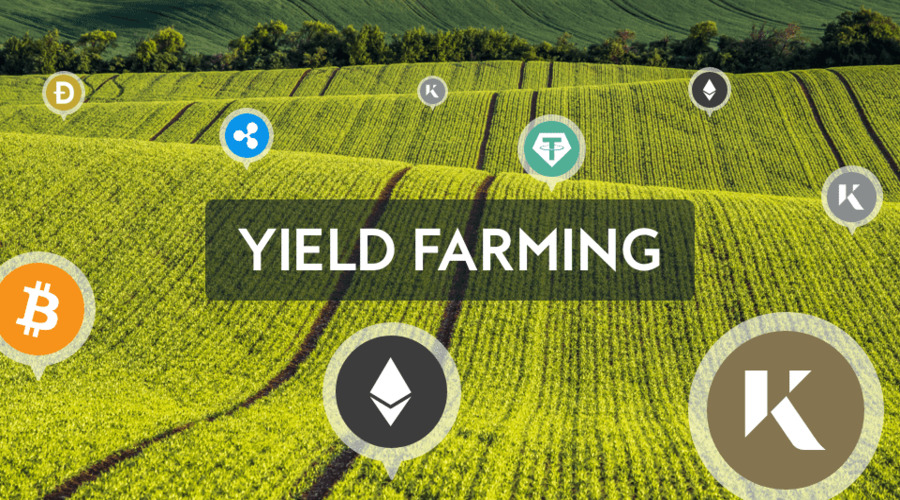In the world of decentralized finance (DeFi), liquidity pools and yield farming are two concepts that have gained immense popularity in recent times. These concepts are closely related and play a significant role in the functioning of the DeFi ecosystem. In this article, we will discuss what liquidity pools and yield farming are, how they work, and their benefits and risks.
What are Liquidity Pools?
Liquidity pools are a core component of the DeFi ecosystem. A liquidity pool is a pool of tokens locked in a smart contract that users can trade against. Liquidity providers (LPs) deposit tokens into the pool and receive a share of the pool’s transaction fees in return. The tokens in a liquidity pool can be anything from stablecoins to cryptocurrencies, and the ratio of tokens in the pool determines the price of the asset.
How Do Liquidity Pools Work?
When a user wants to trade a token in a liquidity pool, they send a transaction to the smart contract, and the smart contract automatically executes the trade at the current price determined by the ratio of tokens in the pool. The transaction fees generated by the trades are distributed among the LPs in proportion to their contribution to the liquidity pool. The more liquidity a user provides, the more fees they can earn.
What is Yield Farming?
Yield farming is a strategy used by DeFi users to earn a return on their cryptocurrency holdings. Yield farming involves lending or staking cryptocurrency in a liquidity pool to earn rewards in the form of additional tokens or fees generated by the liquidity pool.
How Does Yield Farming Work?
When a user provides liquidity to a liquidity pool, they receive liquidity pool tokens in return. These tokens represent the user’s share of the liquidity pool and can be staked to earn rewards. Yield farming platforms often incentivize users to provide liquidity to their platform by offering additional tokens or fees generated by the liquidity pool.
Benefits of Liquidity Pools and Yield Farming
Liquidity pools and yield farming offer several benefits to users. First, liquidity pools provide liquidity for users to trade cryptocurrencies without relying on centralized exchanges, which can be prone to hacks and price manipulation. Second, liquidity providers can earn fees generated by the liquidity pool, creating a passive income stream. Third, yield farming offers users the opportunity to earn additional tokens or fees on top of their initial investment, increasing their potential returns.
Risks of Liquidity Pools and Yield Farming
As with any investment, there are risks associated with liquidity pools and yield farming. First, liquidity providers may be exposed to impermanent loss, which occurs when the ratio of tokens in a liquidity pool changes, resulting in a loss of value for the LP’s holdings. Second, yield farming platforms may be subject to smart contract vulnerabilities, hacks, and other risks that could result in the loss of funds. Third, the DeFi ecosystem is still relatively new and untested, so there is a risk of regulatory intervention or changes in market conditions that could negatively impact liquidity pools and yield farming.
Conclusion
Liquidity pools and yield farming are important components of the DeFi ecosystem, providing users with the opportunity to earn fees and rewards on their cryptocurrency holdings. However, as with any investment, users should carefully consider the risks and benefits associated with liquidity pools and yield farming before investing their funds. It is important to do your research and seek advice from experienced investors before investing in DeFi protocols. As the DeFi ecosystem continues to evolve, it is likely that we will see new liquidity pools and yield farming strategies emerge, creating new opportunities for users to earn a return on their cryptocurrency holdings.

